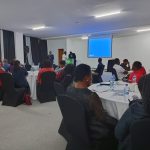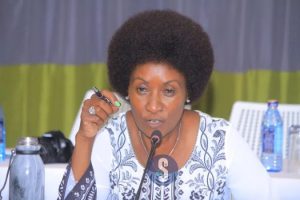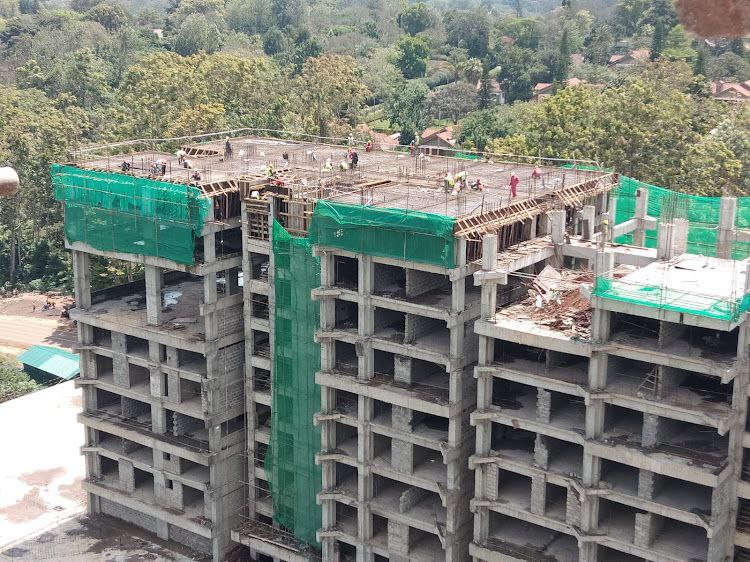
Zakhem International Construction Limited, a Lebanese company has been at the center of rip-offs at the Kena Pipeline Company (KPC).
The firm which shadily won the contract to construct the Mombasa- Nairobi oil pipeline is asking for Sh19 billion pay arising from the extension of its contract to build the aforementioned pipeline.
Auditor General Nancy Gathungu raised the red flag over irregularities likely in the deal.
Gathungu, in a report tabled in parliament, warns the dispute may affect the carrying value of the pipeline.
The auditor also queried the lack of financial expert in the KPC board of directors as required by the Mwongozo.
Mwongozo, a code of governance for state corporations, requires that at least one board member be a certified financial expert. Biographies of the directors show that none of them has financial expertise.
The auditor is equally concerned that Kenyans are already losing millions of shillings in the unused new Kisumu Oil Jetty.
To show the extent to which it is wasting away, the asset had depreciated by Sh158 million as of last June. It remains unused due to lack of infrastructure for storage and receipt in Uganda.
Gathungu is concerned by the uncertainty of when Uganda will complete the complementary facility.
“The country is not deriving any value from the use of the oil jetty. Further delay in operationalisation of the project may require the assets to be assessed for impairment of their book values,” the auditor general says.
In the matter of Line V, Zakhem submitted five extension of time claims of Sh20 billion but the same were contested by the project engineer.
An independent expert scheduler reviewed the claims downwards to Sh4 billion, which the Lebanese contractor rejected.
The auditor has also put KPC on the spot for failing to record the value of hydrant pit valves in the company’s books.
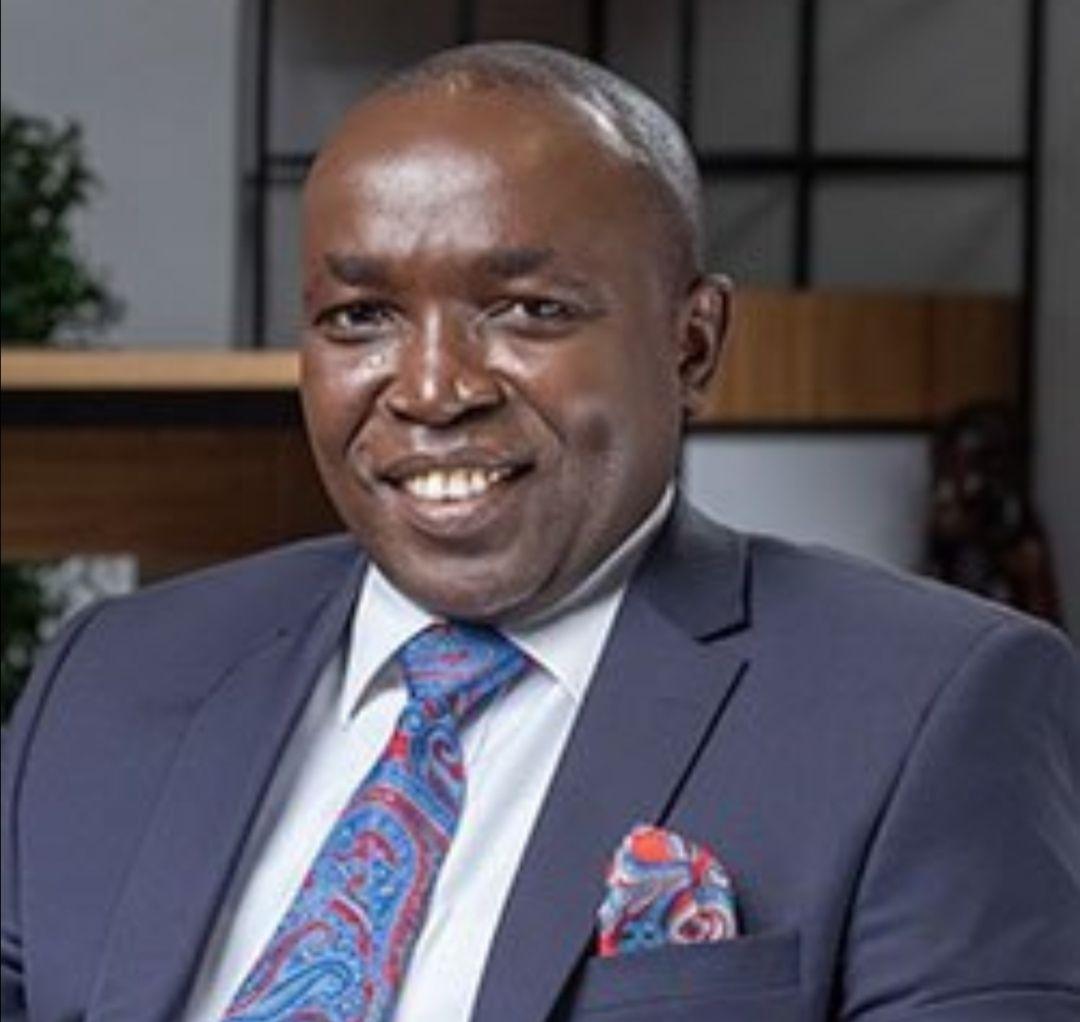
She says the items are not included in the assets register and questions the purchase of their spare parts.
“Management did not provide plausible explanation for the procurement of spare parts to cover for the two years of operations.”
The auditor general was unable to ascertain the basis for the award of the tender to Allied Inspection and Testing Inc, a Canadian company.
“There was no evidence to validate the assertion that the items were sourced through direct procurement on grounds the vendor was the manufacturer.”
The Ethics and Anti-Corruption Commission sought the prosecution of KPC officers suspected to have inflated the cost of the pit valves from Sh80 million to Sh655 million.
Gathungu further flagged irregularities in the procurement of a consultancy firm to undertake forensic and security investigations at KPC.
She was alarmed that the contractor was hired before the procurement started.
The first payment of Sh1.5 million was made on March 8, 2018, from a March 5 invoice yet the request for proposal was floated on March 8, 2018.
The firm was awarded the contract on May 8, which its representatives signed on June 12, 2018.
The auditor said the management was in breach of the Public Procurement and Disposal Act, 2015.
“The advance payment was not supported by a bank guarantee as required in the contract and procurement law,” Gathungu said.
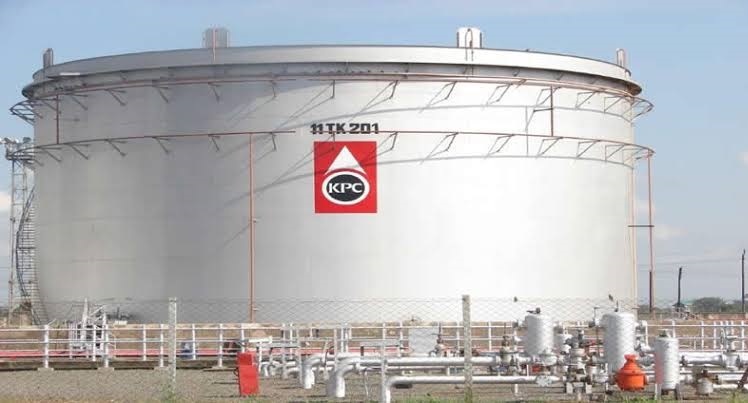
She further flagged KPC challenges with completing projects in the face of revelations 69 per cent of the company’s ventures are behind schedule.
A review of 16 projects revealed that 11 of Sh1.9 billion projects were yet to be completed, three of which had stalled after gobbling up Sh122 million.
Gathungu says that KPC has trouble identifying why projects delay, hence has no chance to mitigate the same on time.
“Delays in project completion deny taxpayers expected services and could result in increased cost overruns and wastage of public resources,” she said.
KPC has also been fingered for delays in granting time extension requests, hence subjecting projects to be executed outside their contracted periods.
Gathungu warned the situation poses legal and material risks to the company and may cause delay in completion of works.
KPC further faces queries for failing to secure title deeds for land hived off from Kenya Airports Authority for Embakasi and Mombasa depots.
The National Land Commission had asked KAA to surrender the title for issuance of sub-titles but the same are yet to be issued to KPC.
Scandalous firm
KPC management has always used the extension or renovation of the Mombasa – Nairobi pipeline to fleece the parastatal.
In January, the management didn’t see the need to have a ledk detection system installed so as to forestall future leaks which cost the taxpayer billions in shillings arising from repairs, loss of oil and compensation to the adverse effects caused to flora and fauna.
“KPC also hired Shengli Engineering and Consulting Company (SLECC), a Chinese company, for Sh12 billion to supervise construction of the pipeline. Though Zakhem wanted to instal the leak detection system at an extra cost of Sh400 million during the construction of the line, KPC never saw the sense behind it”, reports indicate
Kenyans were being asked to part with Sh2 billion more yet in a contract with Zakhem, that would have been factored in the initial budget.
Cases of leakages and illegal siphoning of oil valued at billions of shillings have been reported, with fears that Kenyans could be made to pay for the unnecessary losses.
At least 194,000 litres of petroleum products belonging to oil marketing companies, reportedly, was lost during a spillage in Kiboko, Makueni County, in 2019.
Already KPC is in contact with the marketers on how they will be compensated, most likely at the taxpayers’ expense.
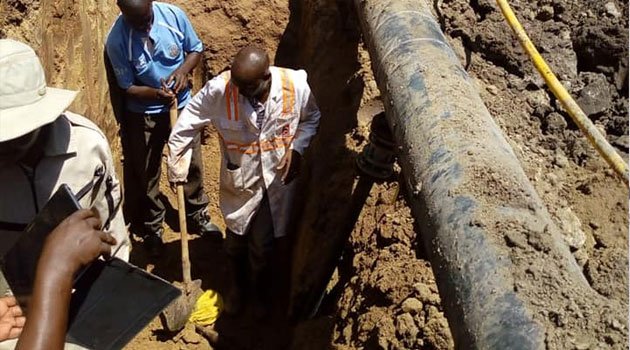
Another oil leak
It can be concluded that the management knows it makes money from procurement and thus ignored the leak detection system installation.
This seems to have been the goal all along as another leak in September 2020 threatens to cost billions to taxpayers; money that will ulltimately end up in the pockets of senior managers.
KPC managing director Irungu Macharia said the leak on the old line from Mombasa, which was first detected near Mariakani had been resolved and product flow restored.
The amount of loss of fuel has not yet been revealed.
The 16-inch pipeline known as line 1 has been prone to leakages along the area, leading to construction of the Sh48 billion-line parallel to it as a replacement. KPC has, however, dedicated the old line to transporting dual purpose kerosene combining Jet-A1 and paraffin.
KPC cannot resolve the issue of oil leaks because the repairs are conduits for stealing money.
Zakhem has really helped KPC senior managers rob taxayers.

